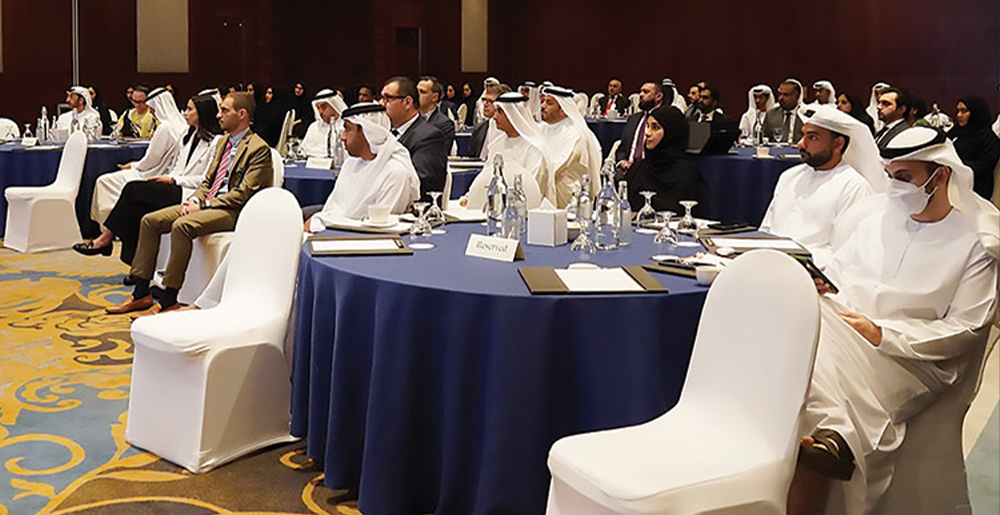
By Matthew Scicluna – Head, Financial Crime Compliance, MFSA
Last June, a four-day training workshop unfolded in the UAE, with a dual purpose of magnifying cooperation and facilitating the exchange of AML/CFT experiences. The workshop was jointly organised by Malta and the UAE, showing Malta's steadfast commitment to fortifying its financial integrity and international standing.
The MFSA and FIAU both participated in the workshop which focused on a selection of topics of common interest, including Malta’s AML/CFT strategy, which led to the country’s delisting from the list of countries subject to FATF’s enhanced supervision, efforts in tackling all forms and types of money laundering crimes by both jurisdictions, and measures adopted in this regard.
The participation of both the MFSA and the FIAU underscores the importance of intensifying cooperation and the exchange of experiences in AML/CFT with other jurisdictions in order to implement AML/CFT best practices in line with the requirements of the FATF. Indeed, this workshop is part of Malta’s proactive endeavours to elevate compliance and uphold international standards to preserve the nation’s economic standing and across various global markets.
Representatives from the MFSA, FIAU, and the Financial Markets Authority Austria also participated in a two-day bilateral conference held in Vienna. The primary objective of this meeting was to foster collaboration and enhance relationships among these authorities, focusing on matters concerning capital markets, crypto assets and anti-money laundering, and combating the financing of terrorism (AML/CFT).

The meetings centred their discussions on three key themes: Capital Markets, Crypto Assets and Anti-Money Laundering (AML) Supervision.
With regards to AML, the deliberations primarily revolved around the interplay between AML/CFT and prudential supervision, enforcement action taken and the expected impact of the establishment of the Anti-Money-Laundering Authority (AMLA). These dialogues emphasised the Authority’s approach and organisational framework and the primary priorities and considerations for effectively preparing for AMLA’s establishment.
During the event, the MFSA highlighted the importance of supervisory cooperation between itself and the FIAU, delineating their distinct roles in the realm of AML/CFT. The MFSA further highlighted its strategic statement, supervisory priorities, and its alignment to the national strategy. A focal point of discussion in this regard was the update of the National Risk Assessment as one of the major milestones of the current National AML/CFT Strategy and Action Plan.
Notably, the MFSA also shed light on the authorisations process with specific attention to pre-authorisation considerations, challenges encountered by the Authority during the evaluation of applicants being proposed to take on Money Laundering Reporting Officers roles, as well as post-authorisation conditions as an effective tool to ensure the Authority’s engagement throughout the entire life cycle of its licence- holders.
Malta’s participation in these recent engagements has not only facilitated the exchange of experiences and best practices but has also demonstrated its dedication to adhering to international standards set by bodies like the Financial Action Task Force. As these discussions continue to shape the regulatory landscape, it is evident that Malta is proactively positioning itself as a responsible and compliant player in the international financial arena.

